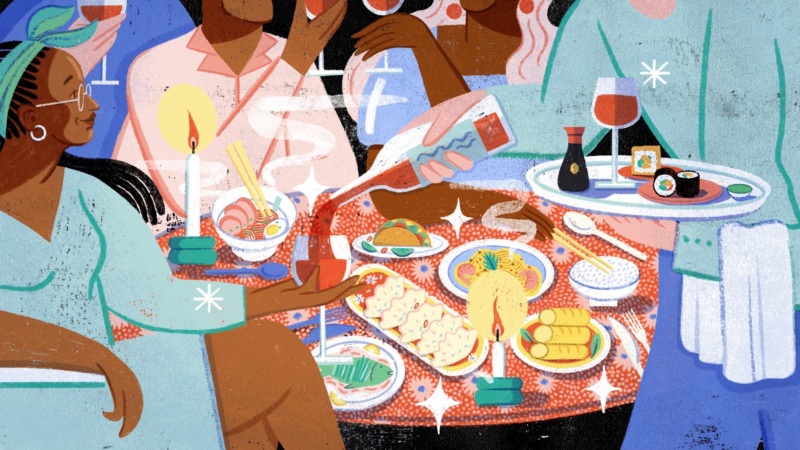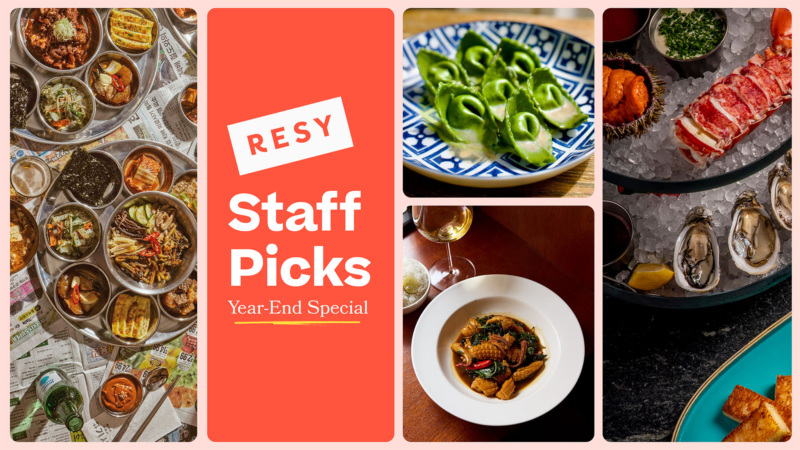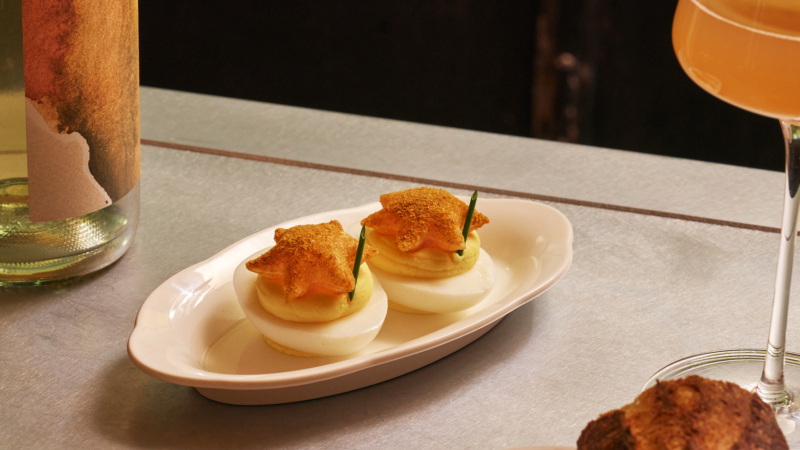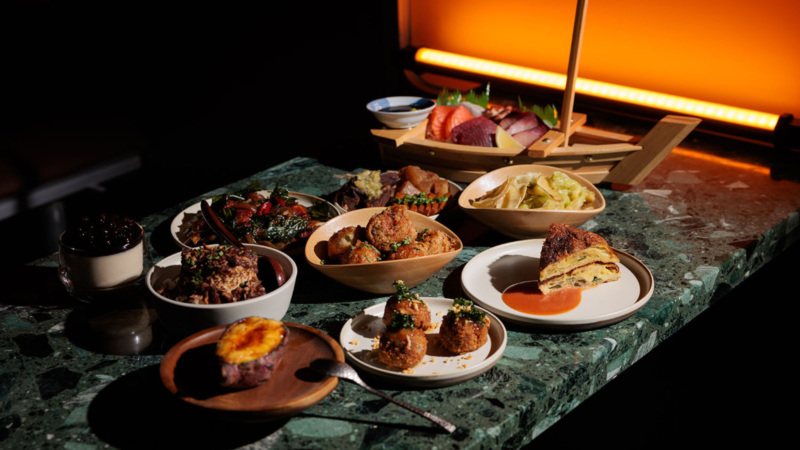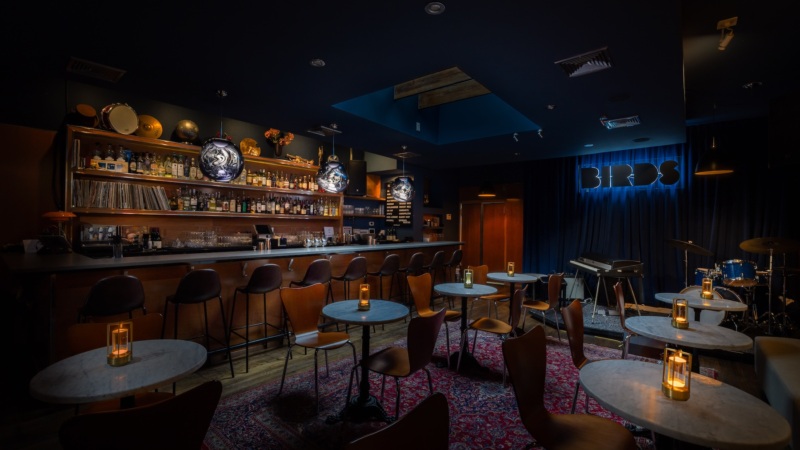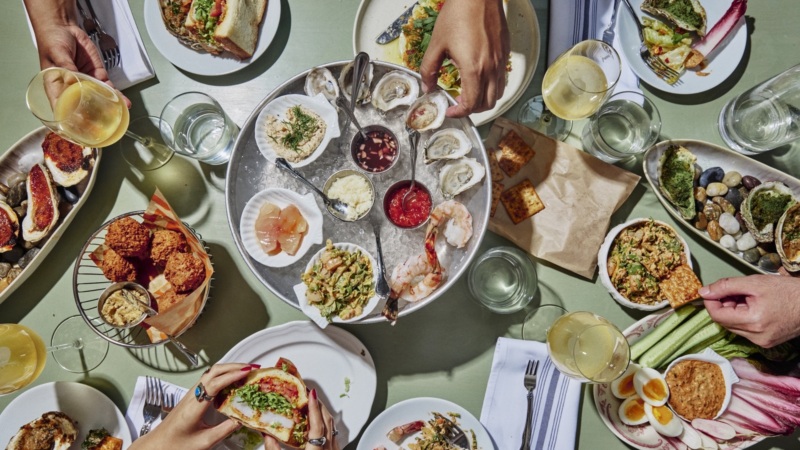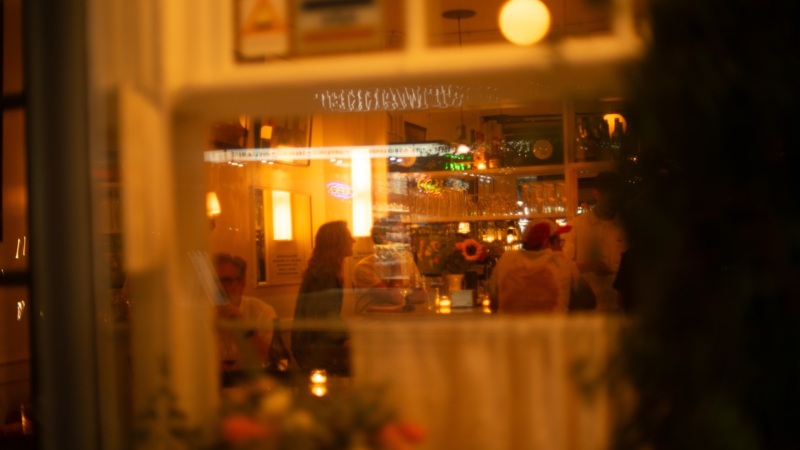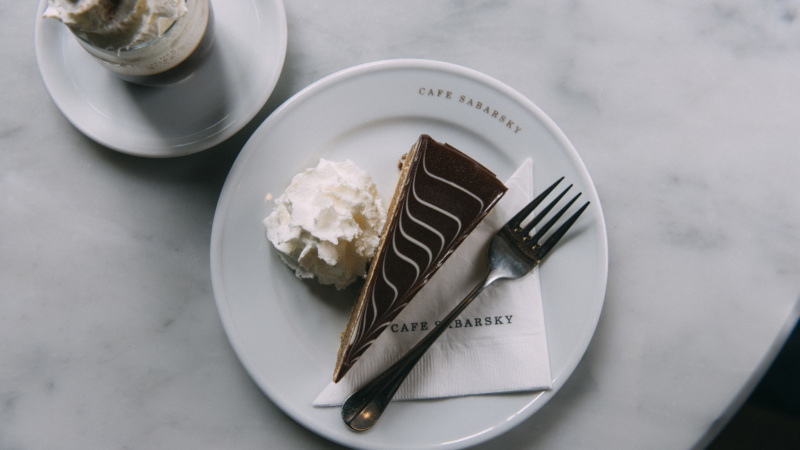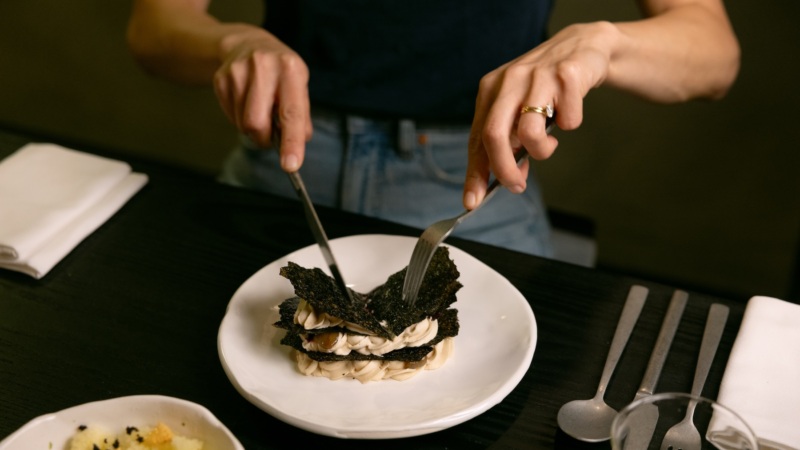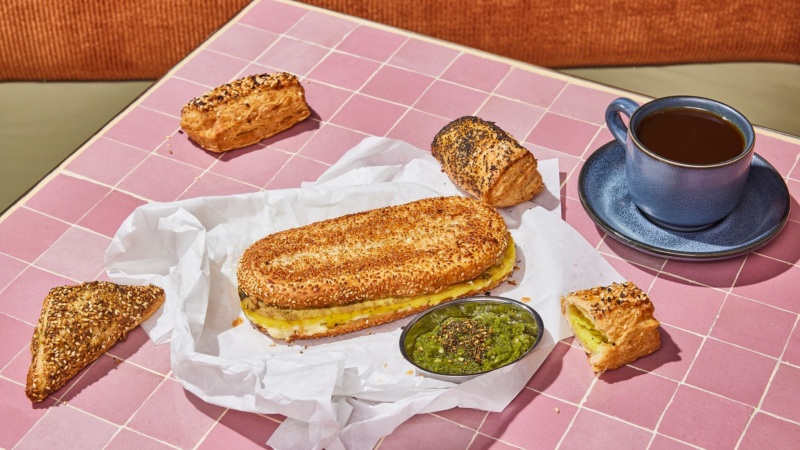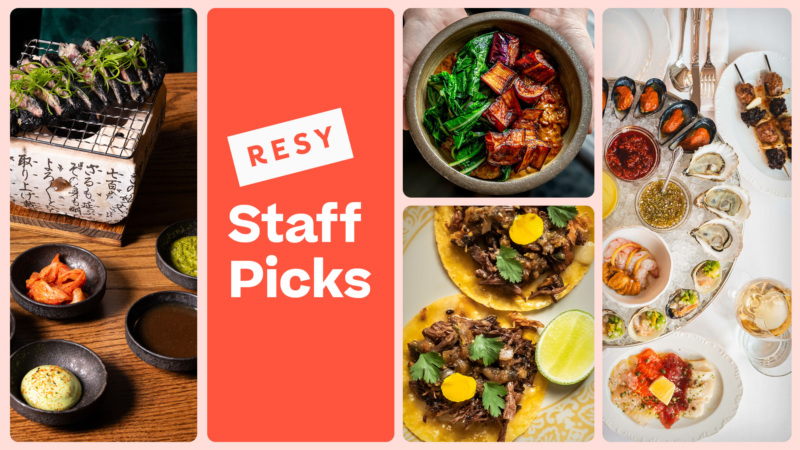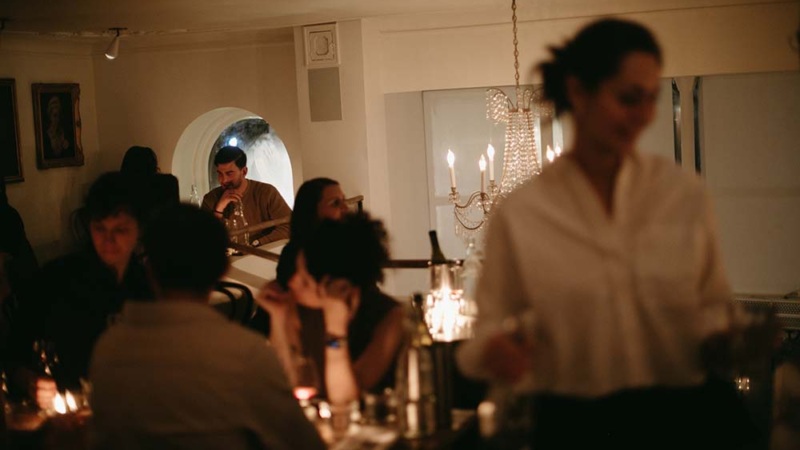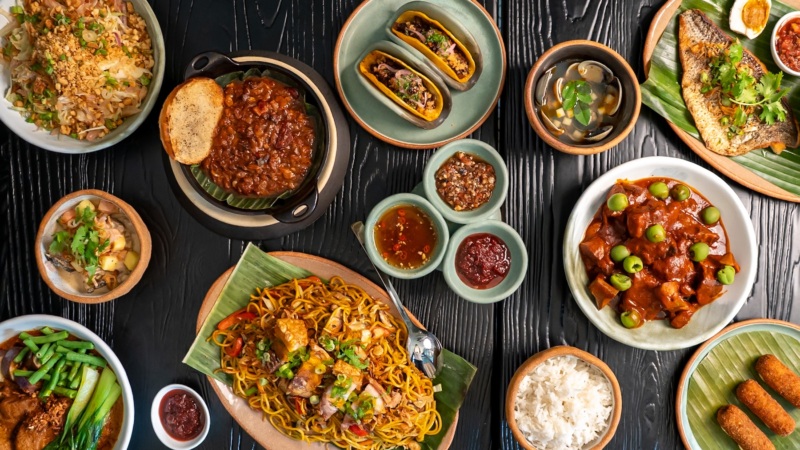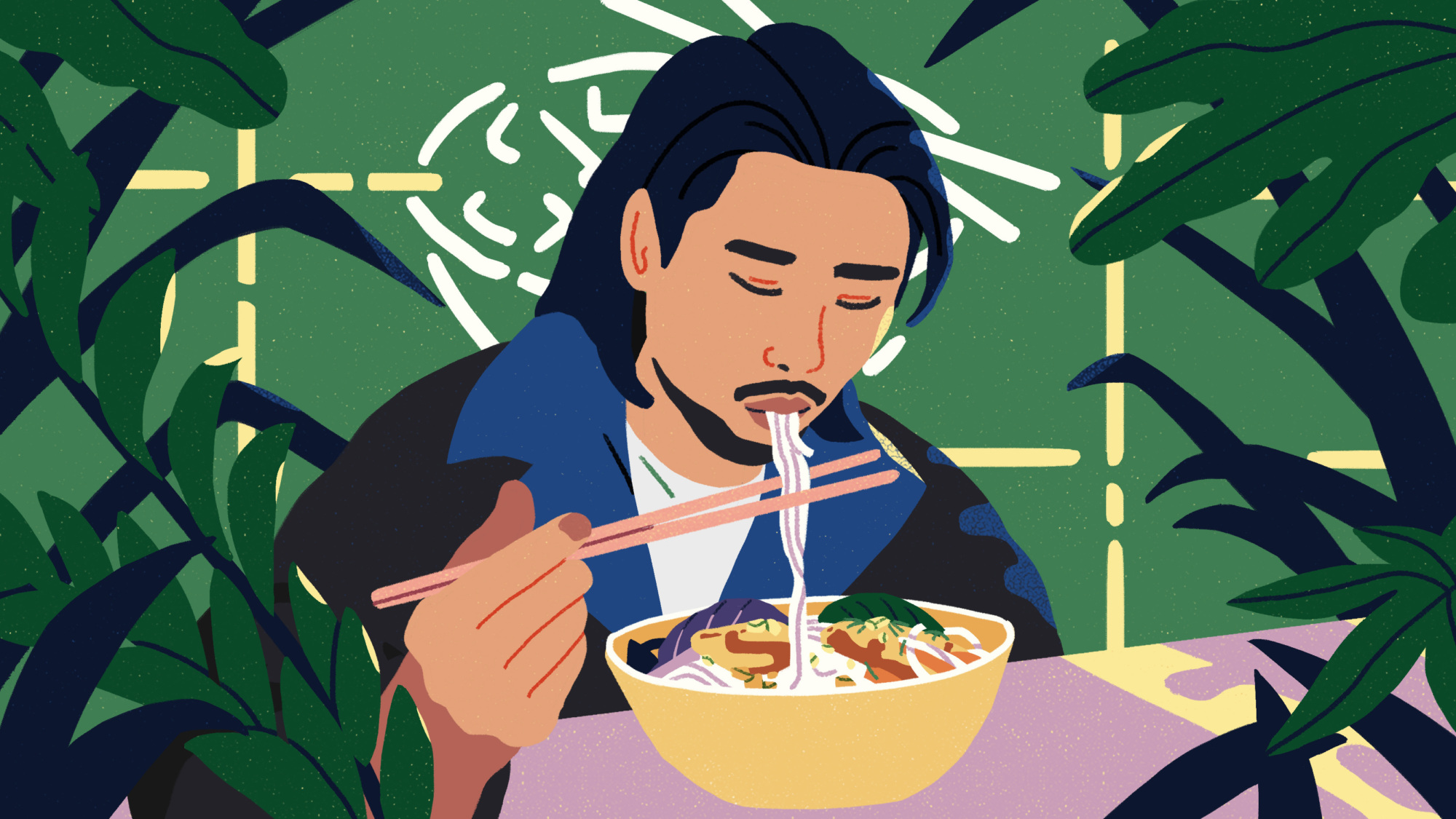
Published:
They say that you spend the first half of your life running away from home, and the second half trying to return to it again. This notion of wanting to leave your home in your youth certainly resonates with me – I left the suburbs of Washington, DC as soon as I had the chance and went to New York City for college. Hopefully being in my 30s, I haven’t quite reached the halfway point of my life, but I am certainly constantly searching for that idea of home wherever I go.
We look for home in the company we keep, the photos we hang on our walls, and most definitely in the restaurants we eat and return to. One of those restaurants for me is Di An Di in Brooklyn, New York.
Di An Di, which means “let’s go eat” in Vietnamese, is special to me for many reasons – the people behind it, the philosophy behind their cuisine, and the sense of home that it offers. This Vietnamese American restaurant was started by husband-and-wife duo Tuan Bui and Kim Hoang, along with chef-partner Dennis Ngo. Dennis and Kim originally grew up in Houston, Texas, a city with one of the largest Vietnamese American populations in the United States, and one so large that after English and Spanish, Vietnamese is the most spoken language in the state. Tuan grew up in Virginia right outside Washington, DC – not too far from where I grew up. Over the years, Tuan, Kim, and Dennis have become family to me in many ways – I’ve attended their weddings, they’ve consoled me with free drinks after many breakups, and I’ve even sung karaoke with them late at night in Saigon. Beyond the relationship I’ve learned to cherish with them, the staff of cooks, bartenders, and wait staff have also become friends – each of them representing part of the mosaic of Vietnamese America as well.
The distinction of Di An Di as a Vietnamese American restaurant (as opposed to a Vietnamese one) is significant as well. Restaurants that claim to serve “authentic” cuisine often leave a target on their back. The search for authenticity, I feel, is very subjective, but when a restaurant uses that label, they are treading between objectivity and subjectivity. But America is a fluid place and so are its many hyphenated identities, and Vietnamese American food is a cuisine that’s deviated from the recipes that our parents carried on our backs when they fled Vietnam decades ago. It’s a reflection of the changes and evolution we’ve made living in the diaspora and oscillating between being Vietnamese at home and American outside. That said, the kitchen’s interpretations of classical Vietnamese dishes are still able to transport me back to Vietnam: From eating the chả cá la vong and phở thìn Hanoi that remind me of my time spent in the north of Vietnam directing films, while the bánh mì thịt nướng takes me to the humid mornings and breakfasts in Saigon, where I lived for six years.
Vietnamese American food is a reflection of the changes and evolution we’ve made living in the diaspora, and oscillating between being Vietnamese at home and American outside.
Finally, the physical space and warmth a restaurant provides is fundamental to how it can embody the concept of ‘home’. Before Di An Di, the owners ran An Choi, a small restaurant on the Lower East Side. For over ten years, it became the unofficial hub of Vietnamese creatives in New York City. We’d go there for the banh mi but stay for the late-night revelry with the owners and staff. Sadly, it became one of many casualties during the pandemic, but Di An Di has proved to be a more than worthy successor.
The space itself is particularly welcoming for Vietnamese Americans looking for that sense of home again – the pastel hues of the interior, designed by Huy Bui and Michael Yarinsky, work perfectly with the plants, which were chosen by the artist Minh Singer. It surely feels like the hip, family home of the owners and it should – Huy is Tuan’s brother and Minh is his cousin. That sense of family ownership is an unintentional homage to our parents’ generation, when every member of the family would work at the family business. Even though I now live in LA, when I visit New York, I usually eat – and this is no exaggeration – about 50% of my meals at Di An Di. There are so many times where I would meet one group of friends there and inevitably two or three other tables would be filled with familiar and friendly faces. Eventually, we combine our groups and hang out together at the bar, usually closing out the restaurant until Tuan and Kim kick us all out.
Food certainly has the power to transport us back to our memories of home but Di An Di goes beyond that for me. For many Vietnamese Americans like myself, home and family are inextricably connected. And every time I walk into Di An Di, I feel home not just because of the food but because of the people who – and I am so grateful for this – have become my family.
Bao Nguyen is an award-winning Vietnamese American filmmaker. Follow him on Instagram. Follow Resy, too.
